A proposal to develop an innovative Europe-wide network of researchers in the history of public relations field has been supported by the Fusion Investment Fund (FIF).
The European Public Relations History Network (EPRHN) was formed in mid-2012 by Prof Tom Watson and backed by EUPRERA (European Public Relations Education & Research Association) as a priority project for the next three years. It was set up to identify archives and resources, undertake collaborative research, and prepare bids to European research bodies and PR industry organisations.
The field of public relations history has been developed at BU over the past four years, mainly through the establishment of the International History of Public Relations Conference (IHPRC).
Prof Watson said: “there has been increasing interest in the conference and PR historical research in Europe over the past 3-4 years but it has largely focused on national histories, personalities or phenomena. Collaborative research, across national boundaries, has yet to emerge. There is little shared knowledge of archival resources, where they exist or can be created.”
So far, 35 academics and practitioners from 12 countries have shown their interest in EPRHN. Its first publication, a catalogue of archives and resources in seven countries has just been published. A EPRHN planning meeting will be held at BU after IHPRC in June.
Within The Media School, the network will also help develop European aspects of the Centre for Media History (CMH). CMH is already developing relationships with universities in Sweden and northern Germany. CMH and EPRHN will, it is hoped, foster the recruitment of PGR students interested in media and communication historical research.
The Fusion funding will allow EPRHN to hold a planning event at BU after IHPRC in late June and for Prof Watson and Dr Tasos Theofilou, who is working with him on both PR history projects, to attend EUPRERA’s annual conference in Barcelona in October. At EUPRERA, they will hold the network’s first formal meeting and workshop. [Photos by Minna-Liisa Nurmilaasko, PROCOM Finland].





 Watch this excellent short video from BU’s Prof Stuart Allan on the relationship between the study of journalism and the study of democracy, through work funded by the
Watch this excellent short video from BU’s Prof Stuart Allan on the relationship between the study of journalism and the study of democracy, through work funded by the 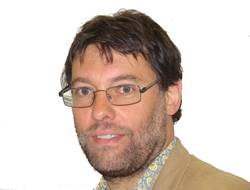
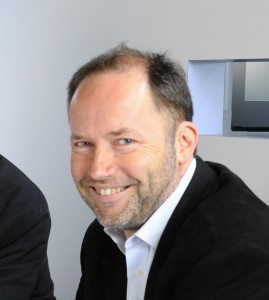
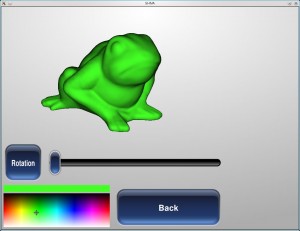




 Bournemouth University’s Director for the Centre for Intellectual Property Policy and Management (CIPPM), Professor Martin Kretschmer, has been invited to speak at the World Intellectual Property Organization (WIPO) in Geneva.
Bournemouth University’s Director for the Centre for Intellectual Property Policy and Management (CIPPM), Professor Martin Kretschmer, has been invited to speak at the World Intellectual Property Organization (WIPO) in Geneva.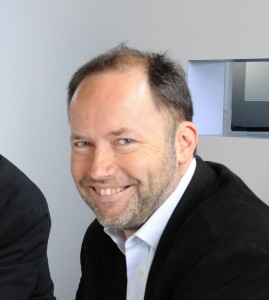



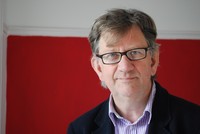 Watch this excellent short video from BU’s
Watch this excellent short video from BU’s 










 Fourth INRC Symposium: From Clinical Applications to Neuro-Inspired Computation
Fourth INRC Symposium: From Clinical Applications to Neuro-Inspired Computation ESRC Festival of Social Science 2025 – Reflecting back and looking ahead to 2026
ESRC Festival of Social Science 2025 – Reflecting back and looking ahead to 2026 3C Event: Research Culture, Community & Cookies – Tuesday 13 January 10-11am
3C Event: Research Culture, Community & Cookies – Tuesday 13 January 10-11am Dr. Chloe Casey on Sky News
Dr. Chloe Casey on Sky News Final Bournemouth University publication of 2025
Final Bournemouth University publication of 2025 ECR Funding Open Call: Research Culture & Community Grant – Application Deadline Friday 12 December
ECR Funding Open Call: Research Culture & Community Grant – Application Deadline Friday 12 December MSCA Postdoctoral Fellowships 2025 Call
MSCA Postdoctoral Fellowships 2025 Call ERC Advanced Grant 2025 Webinar
ERC Advanced Grant 2025 Webinar Horizon Europe Work Programme 2025 Published
Horizon Europe Work Programme 2025 Published Update on UKRO services
Update on UKRO services European research project exploring use of ‘virtual twins’ to better manage metabolic associated fatty liver disease
European research project exploring use of ‘virtual twins’ to better manage metabolic associated fatty liver disease